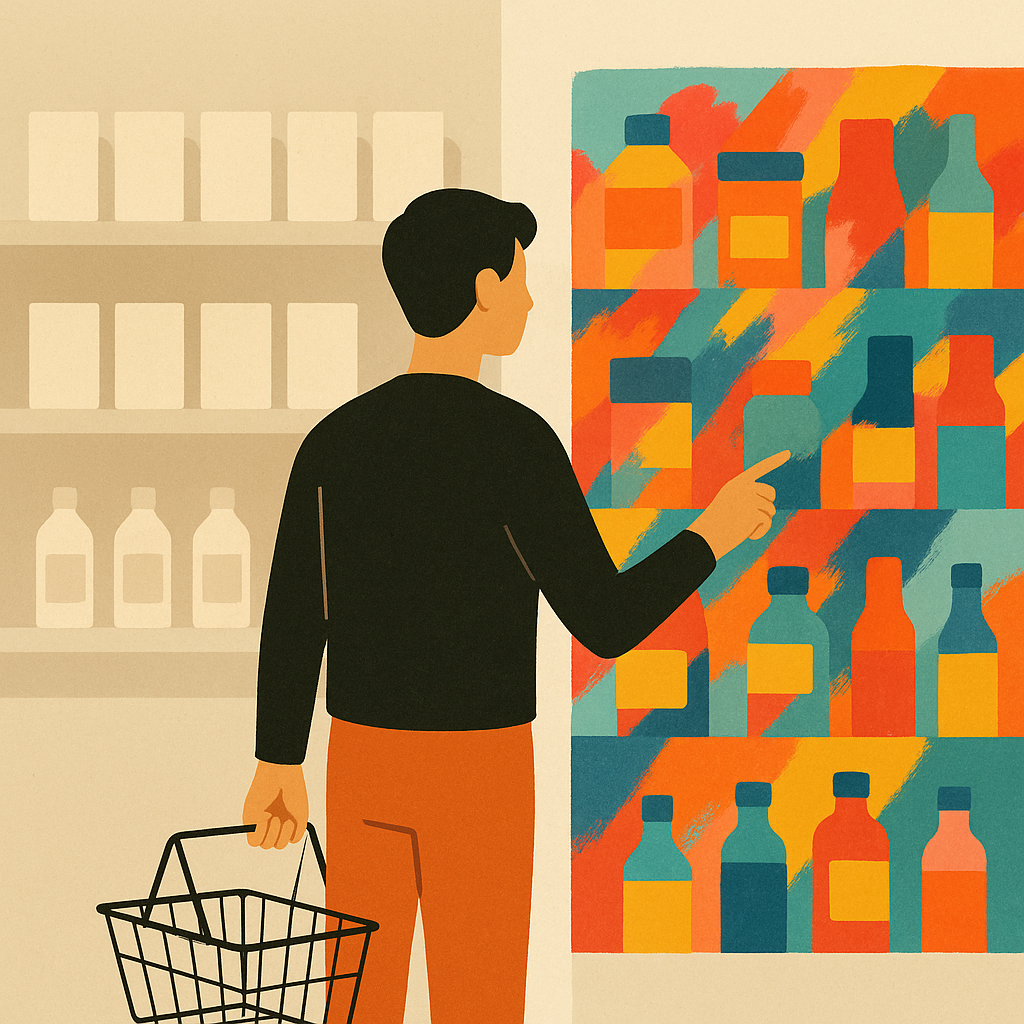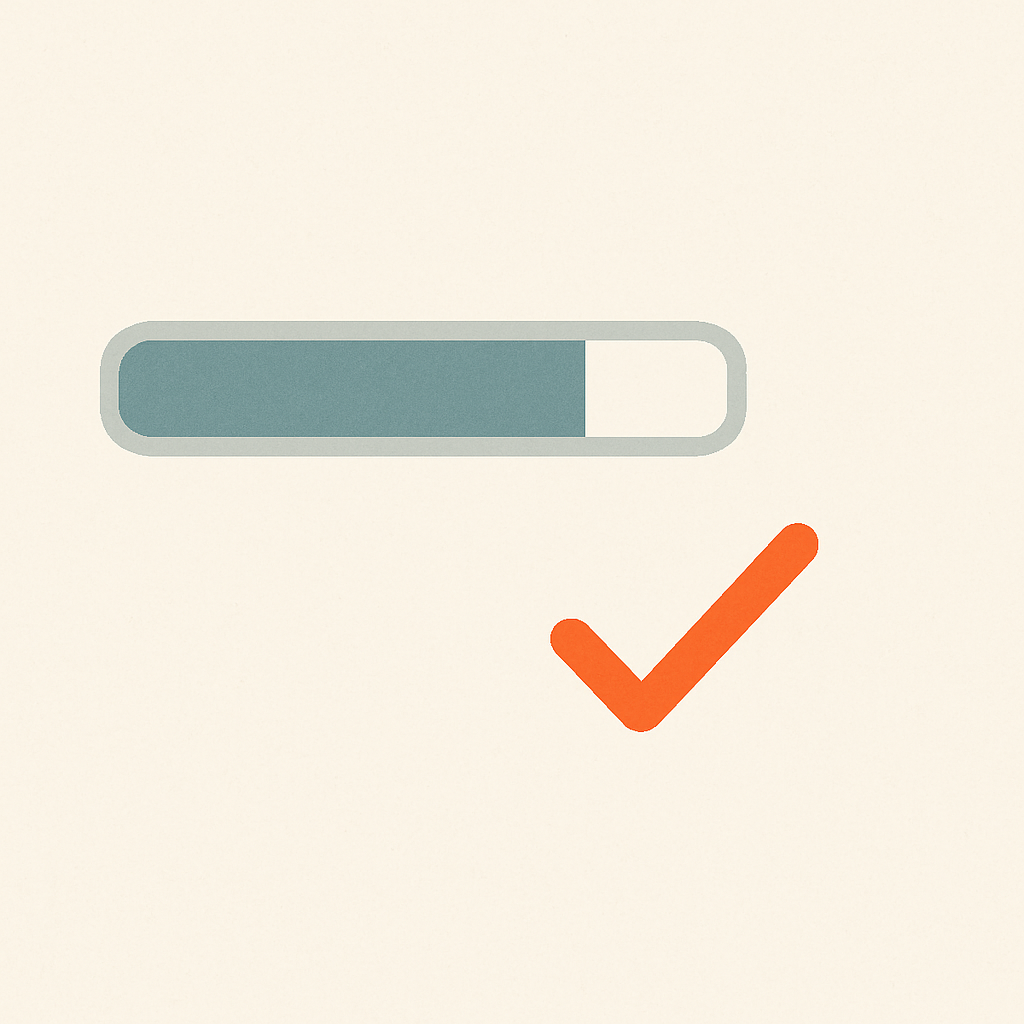🧠 The Psychology of Messy Decisions
Welcome to our latest newsletter.
This month, we look at:
Why business decisions are more messy than we think
How small wins can feel bigger than big wins
Why boredom can make us choose worse options
How time changes around what we think is important
Do you want to nudge your way to better results?
📈 Grow your business?
💰 Sell more?
💎 Increase customer value?
Email us to see how behavioural science can help you.
Every so often we use our Monkey Business newsletter to share useful nuggets, opinions, and findings as food for thought. Sign up here.
When People Get Bored, They’ll Choose Anything Different – Even If It’s Worse
A new study in Emotion by Heather Lench and colleagues found that boredom does not push people towards pleasure, it pushes them towards change.
When participants grew bored of pleasant images, they chose to view unpleasant ones, and the same happened in reverse. The constant was monotony.
When everything feels the same, even discomfort can feel like progress.
For businesses, that should ring a small alarm. Customers may leave not because they find something better, but because they find something different. Familiarity builds comfort which may become indifference.
Practical Business Takeouts:
Competitors do not need to be better, only unexpected. When markets blur, curiosity may decide.
Polarisation can pay off. Things that split opinion may hold attention longer than something universally liked.
Churn may be boredom in disguise. Customers often leave not out of frustration, but fatigue.
Curiosity can override caution. People may try an odd or irrational option purely because it breaks the pattern.
Small surprises help prevent boredom. Occasional novelty in product, tone or experience can keep customers interested for longer.
When Time Stretches Around What Feels Important
A new analysis of 46 studies shows that our sense of time bends around survival relevance. When information feels linked to survival - threat, reward or reproduction - people perceive time differently.
Moments seem longer when they signal danger or opportunity, shorter when they feel safe or trivial. The effect is robust across stimulus types and tasks, but independent of age or gender.
Attention can be a physiological distortion.
Messages that touch primal stakes - safety, scarcity, belonging - may change how long customers feel engaged. Perceived time, not real time, decides whether an experience feels fast, tedious or unforgettable.
Practical Business Takeouts:
Urgency may distort time usefully. Limited-time framing may not just drive action; it can literally expand perceived duration, making moments feel fuller and more vivid.
Safety cues may compress perceived time. Calm, predictable design may make waiting feel shorter. Use in queues, loading screens, and onboarding flows.
High-stakes storytelling may lengthen recall. When narratives trigger threat or reward circuits, audiences may encode more detail and remember sequences longer.
Neutral moments may feel empty. In low-arousal contexts, time drags. Adding small survival-relevant hooks - curiosity, mild risk, personal gain - could help sustain engagement.
Designing time may beat saving time. Customers may prefer a journey that feels engaging over one that merely finishes fast.
Why Serious People Make Messy Decisions
A new international study of senior professionals found a striking gap between confidence and consistency.
Over 90% rated their decision-making as above average, yet almost half said they use no formal method. Most had never been trained in structured decision techniques.
The data suggest that business experience improves speed and conviction, but not necessarily accuracy.
Even confident buyers crave clarity. The winners won’t sell more information - they’ll sell cleaner choices.
Practical Business Takeouts:
Sell clarity, not data. Audiences don’t always need more information. They may just need help choosing.
Show your working. Explaining how you reach a recommendation might build more trust than the claim itself.
Offer decision scaffolding. Tools, calculators or frameworks that structure thinking may win repeat use.
Package decisiveness. Products that simplify choice (e.g. curated options or guided paths) may feel premium.
Market outcomes, not expertise. People may want confidence transfer more than credentials.
Why Small Wins Feel Bigger Than Big Wins
People don’t judge impact objectively. We respond more to proportion than scale.
A study of “proportion dominance” shows that many prefer saving 75 % of a small group over saving a larger number of people in a big group — because it feels more complete.
This bias shapes more than charitable giving. In marketing, branding and customer experience, small, visible wins can feel more meaningful than large but abstract achievements. When people can see the finish line, they care more - even if the line is smaller.
Practical Business Takeouts:
Small victories may drive bigger engagement. People may be more likely to act when they can see tangible, local progress.
Big missions may need smaller milestones. Breaking vast goals into solvable pieces could help keep motivation up.
Show percentage and total impact. Don’t let “we fixed 10%” sound smaller than “we helped 10,000.”
Local stories may outperform global stats. One neighbourhood’s success may feel more real than a national total.
Progress bars may beat big numbers. Visual cues of completion can trigger stronger emotional response.
If it feels complete, it feels good. Framing the story as “job done” may motivate more than “work in progress.”
😓 Tough business challenge? See if we can help. We probably can.
James, Patrick and Dan
We practically apply the science of the human mind for hard, commercial results
Please feel free to share.
➡️ Sign up for your own MONKEY BUSINESS by clicking here





